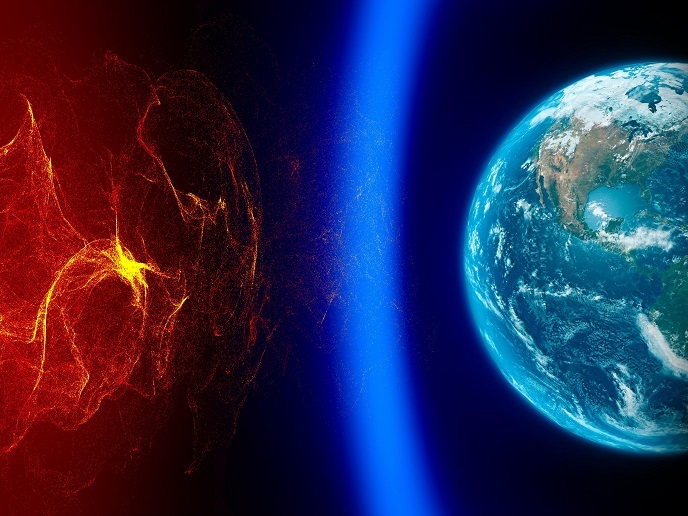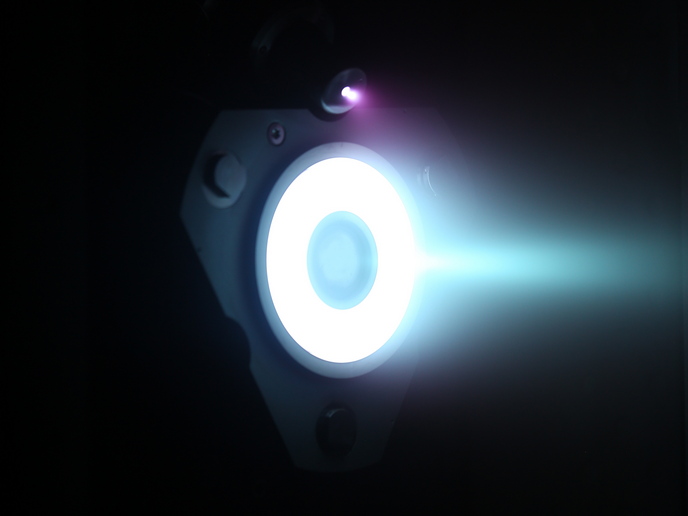Sending small satellites into space in the most environment friendly and cost-efficient way
The small satellite market is booming. Demand is growing because they are far less expensive and require much shorter launch schedules than their larger counterparts. However, many small satellites are currently forced to ride on larger ones as secondary payload. They experience major delays, and scheduling might need to be planned even years in advance.
Progress towards launching small satellites into
Aiming to launch a new category of very small satellites to orbit, the British orbital launch services company Orbex(opens in new window) has developed one of the most advanced, low-carbon, high-performance micro-launch vehicles in the world. In May 2022, Orbex unveiled the first full-scale prototype of the orbital space rocket on its dedicated launch pad. With a payload capacity of 180 kg, the micro-launch vehicle eliminates rideshare issues and mitigates the cost of a dedicated launch for small satellite operators. It also provides greater flexibility in scheduling.
Game-changing composite fuel tank
The rocket owes much of its success to state-of-the-art tanks built as part of the EU-funded PRIME project. Using a wide range of advanced materials and techniques, the team realised a full-scale engineering qualification model of these carbon fibre cryogenic fuel tanks. The novel fuel tank architecture reduces the launch vehicle’s dry mass by as much as 30 %, compared to conventional designs. This aspect is pivotal for small satellites: fewer kilograms lead to greater efficiency, performance and strength. In addition, low mass is a crucial factor when building micro-launch vehicles. The vehicle exploits the properties of cryogenic propellants – gases chilled to subfreezing temperatures and condensed to produce extremely combustible liquids. Cryogenic propellants such as liquid oxygen and liquid hydrogen have been used to deliver the enormous thrust required for large rockets. PRIME designed, prototyped, manufactured at full scale, instrumented and pressure tested the tank. Next, they validated the concept in cryogenic conditions. “We believe this is a groundbreaking innovation, and perhaps the first liner-less carbon fibre cryotank made in Europe,” comments Orbex founder and CEO Chris Larmour. Europe’s leading private launch services company coordinated PRIME. Larmour claims another first: the world’s first environmentally friendly rocket fuel strategy. The micro-launch vehicle produces up to 96 % fewer emissions than comparable vehicles powered by fossil fuels. As part of the tanking system development, the project team also matured the design of the rocket engine thrust structures that house the engine system beneath the main fuel tanks. This optimised the packaging of the main engine systems.
Introducing a European micro-launcher to the global market
Thanks to the project, Orbex has established new commercial partnerships and won new customers. It has been able to raise significant additional venture capital funding, set up new manufacturing and testing facilities, and increase its full-time staff from 25 to 90. Orbex was granted a patent for the technology. It has been extended to 13 other territories, including the United States. “PRIME will allow environmentally sustainable, lower-cost access to space from mainland Europe,” concludes Larmour. “It will also facilitate the development of a small satellite launch industry estimated to generate EUR 1.1 billion in economic benefits during this decade.”







